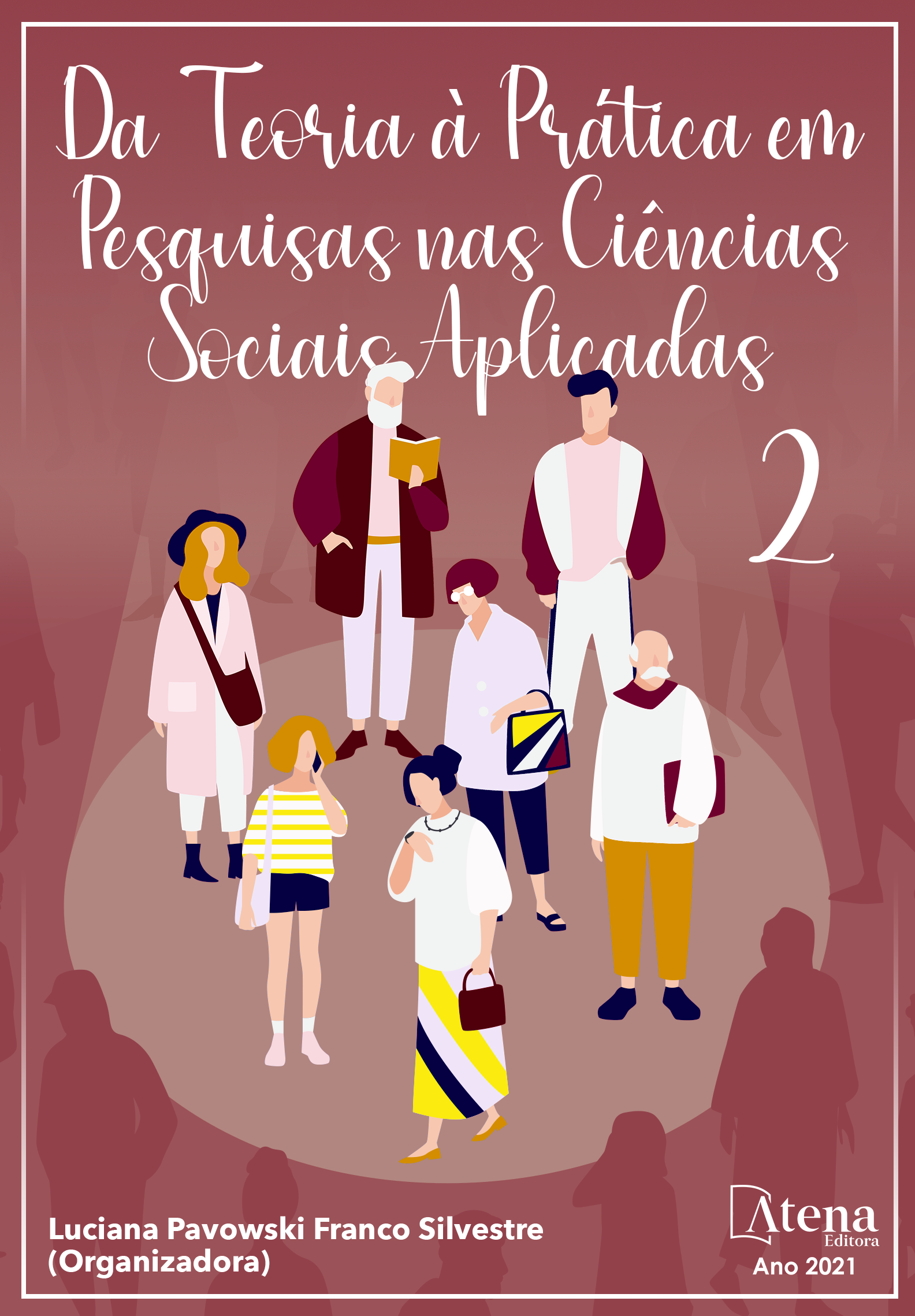
Aproximações sobre os pesquisadores que defendem explicitamente a terceirização da saúde pública e suas trajetórias profissionais
Este estudo pretende identificar quem são os pesquisadores que defendem explicitamente a terceirização da saúde pública no Brasil. Para isso, foi realizada uma revisão a qual a primeira parte constituiu-se de uma revisão narrativa, minimamente sistematizada, cuja fonte foi a base dados de publicações científicas da Biblioteca da Fundação Getúlio Vargas (FGV) e a segunda parte de uma pesquisa no currículo Lattes dos pesquisadores encontrados para compreender melhor sua trajetória profissional. A estratégia de busca na base da FGV foi construída pelos polos: terceirização (fenômeno), forças políticas neoliberais (população) e Sistema Único de Saúde (contexto). O limite de idioma foi apenas a língua portuguesa. O protocolo PRISMA foi usado para organizar o processo de seleção dos estudos. A análise dos dados foi feita na modalidade narrativa simples. Apenas 3 artigos foram incluídos que defendiam explicitamente a terceirização do SUS e foram identificados 7 pesquisadores-autores. No currículo Lattes dos autores foram extraídos: formação de graduação, área do doutorado, filiação a grupos de pesquisa, a revista das últimas publicações, o local de trabalho atual, o caminho profissional e as relações pessoas e orientadores. No Diretório de Grupos de Pesquisa do Lattes identificou-se os financiamentos de pesquisa, as instituições parcerias e a posição do líder do grupo de pesquisa. A maioria apresenta formação da área das ciências sociais aplicadas e apenas uma em enfermagem. Dos 7 pesquisadores apenas 1 está atuando exclusivamente na área pública, enquanto 6 deles encontram-se prestando algum tipo de serviço à iniciativa privada. Conclui-se que, ainda que com um caráter exploratório, esta pesquisa gera algumas reflexões para defender o SUS tais quais: qual a relevância social dos temas que são pesquisados nas universidades públicas? como estas pesquisas, financiadas com impostos pagos sobretudo pelos mais vulneráveis, poderão colaborar para a transformação da sociedade atual?
Aproximações sobre os pesquisadores que defendem explicitamente a terceirização da saúde pública e suas trajetórias profissionais
-
DOI: https://doi.org/10.22533/at.ed.51121300712
-
Palavras-chave: Terceirização. Forças Políticas. Sistema Único de Saúde
-
Keywords: Outsourcing. Political forces. Unified Health System
-
Abstract:
This study aims to identify who are the researchers who explicitly defend the outsourcing
of public health in Brazil. For this, a mixed review was carried out, the first part of which
consisted of a narrative review, minimally systematized, whose source was the database of
scientific publications from the Fundação Getúlio Vargas Library (FGV) and the second
part of a research in the curriculum Lattes of the researchers found to better understand
their professional trajectory. The search strategy at the base of FGV was built by the hubs:
outsourcing (phenomenon), neoliberal political forces (population) and the Unified Health
System (context). The language limit was only the Portuguese language. The PRISMA
protocol was used to organize the study selection process. Data analysis was done in simple
narrative mode. Only 3 articles were included that explicitly defended the outsourcing of
SUS and 7 researchers-authors were identified. In the authors' Lattes curriculum, the
following were extracted: undergraduate training, doctorate area, affiliation to research
groups, the magazine of the latest publications, the current workplace, the professional pathand the relationships between people and advisors. The Lattes Research Groups Directory
identified research funding, partner institutions and the position of the research group
leader. Most have training in the field of applied social sciences and only one in nursing. Of
the 7 researchers, only 1 is working exclusively in the public area, while 6 of them are
providing some type of service to the private sector. It is concluded that, although with an
exploratory character, this research generates some reflections to defend SUS tasia which:
what is the social relevance of the themes that are researched in public universities? How
can this research, financed with taxes paid mainly by the most vulnerable, help to transform
the current society? -
Número de páginas: 21
- Leonardo Carnut
- IBRAHIM ROGERIO JAROCHINSKI MARINHO


